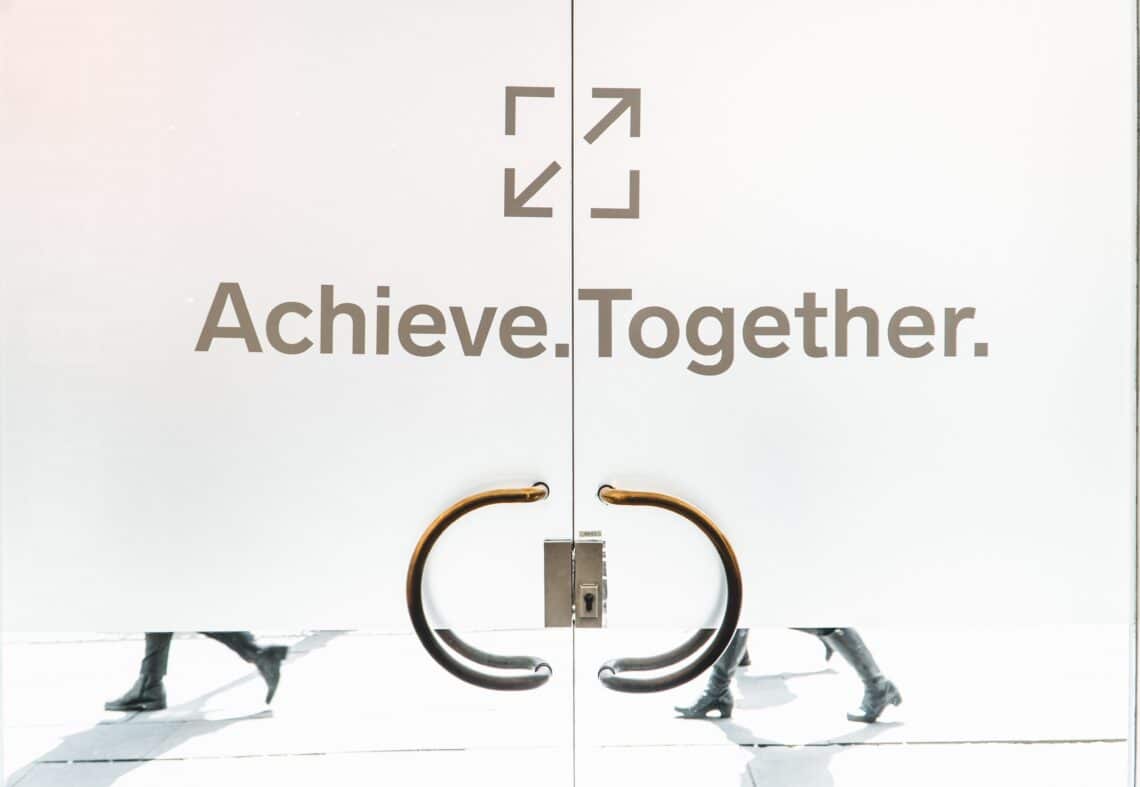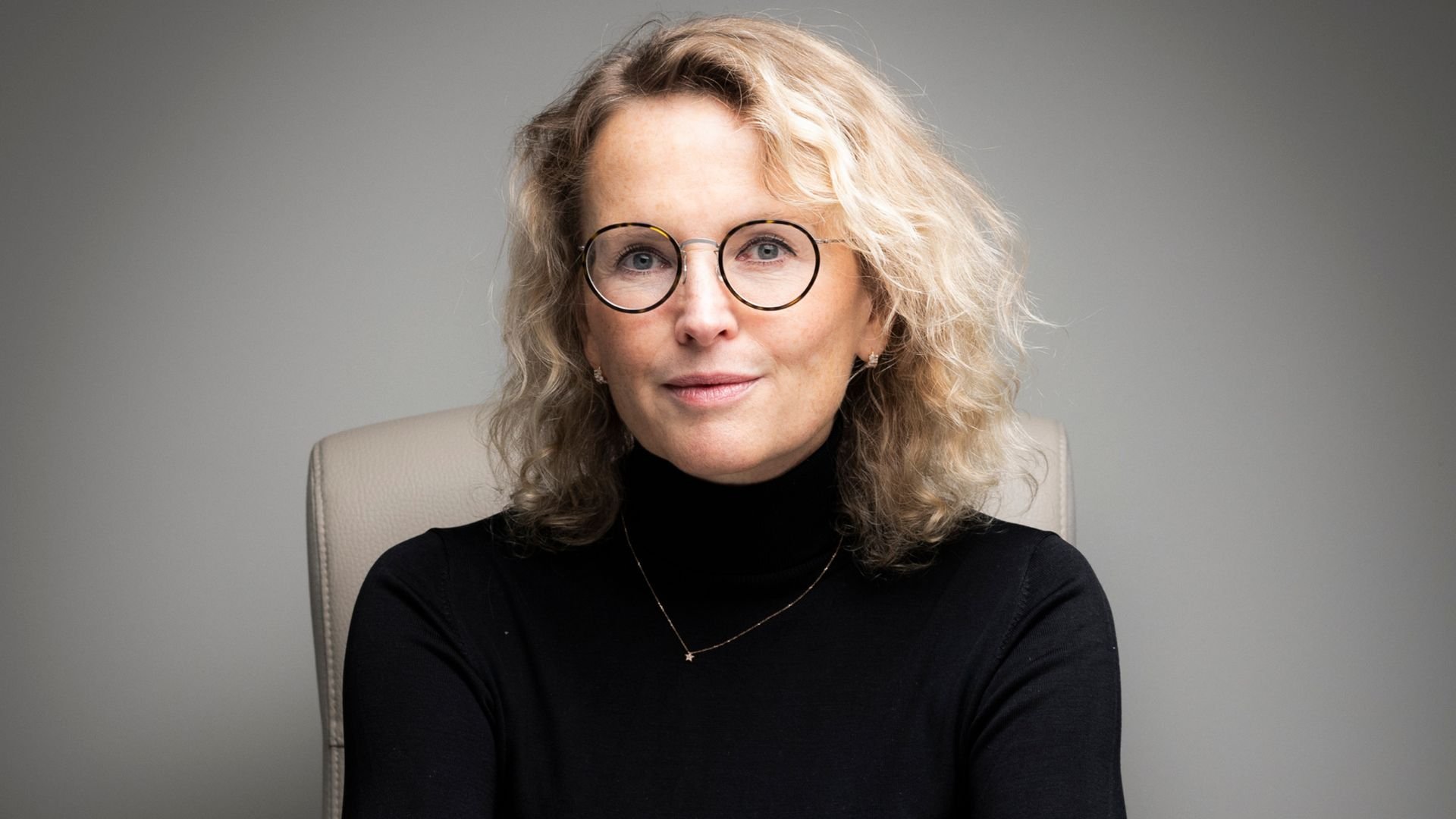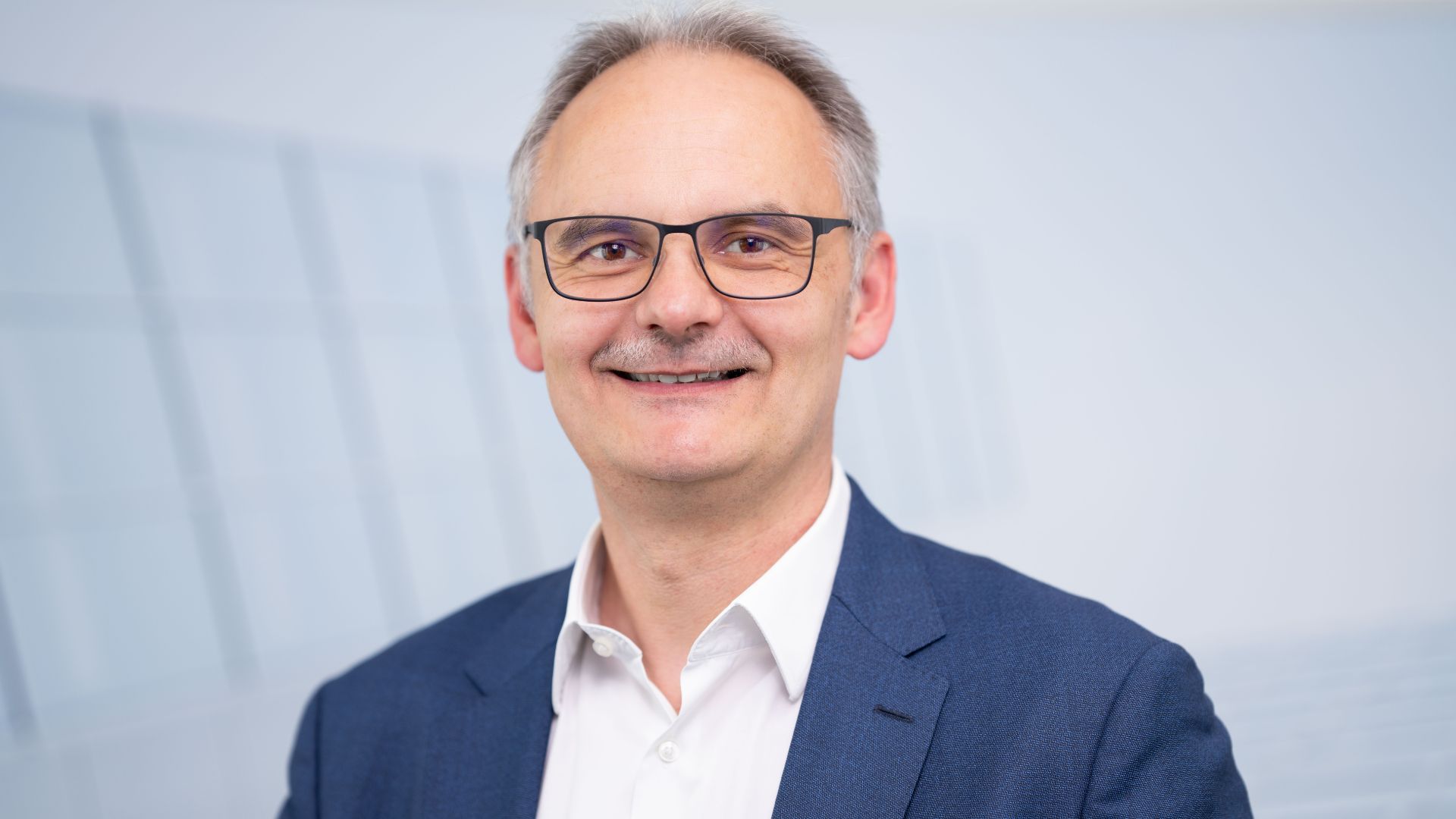As the Payment and Banking team we try to keep a continuous overview of the industry and report on small and large Fintechs and Insurtechs, on established banks as well as neo-banks, on digital strategies, on major investments of national and international financiers, write about exits and provide analyses on current topics.
Some companies appear more frequently in the reporting than others. We want to change this and are starting a new section with „what does …“, in which we will pay attention to the many great companies in the industry that do an excellent job, but sometimes stay a little under the radar in their daily business. We want to know what the founders are up to right now, what the current state of affairs is, what plans are currently being pursued, and what the company will soon surprise us with.
In the current issue we talk to John Foliagethe founder of CrowdDeskabout how it is to start a company with your best friend, the experiences during the corona lockdown, the target groups of the company and about wild crowd desk Christmas parties after a year of hard work.
Hello Johannes, is it true that your co-founder Jamal and you have known each other since childhood days?
Yeah, that’s right. Jamal and I have been friends since primary school. Even as young people in the Rhine-Hessian province, we thought about what we could do together to get our business off the ground. At the beginning of the 2000s, for example, we built websites for florists and winegrowers, as well as for our city, where we grew up.
We earned a little money with it, but we didn’t succeed in the big throw at that time. Also not with the attempt to organize parties. But since I have always been a trader on the side, I went to the bank first and did an apprenticeship there, Jamal went into business consulting. We lived together in a flat share in Frankfurt. During my time at the bank, I came into contact with a completely different world, which, however, did not match my expectations at all. At that time they were still working with MS DOS – nobody knows it anymore. The time has already left its mark on me, but I still went to Australia for a few months afterwards and worked in the field of Pivate Equity Venture Capital.

You went to school with Jamal then, right?
Yes, we both studied at EBS in Oestrich-Winkel and were both almost on the way to becoming serious. Fortunately things changed then. Already during our studies we launched the platform LeihDeinerStadtGeld.de.
The company still operates under the imprint of CrowdDesk. Do you run both in parallel?
The idea to LeihDeinerStadtGeld.de was actually our original idea. We had read that the city of Quickborn had collected a total of four million money from the citizens within a few days – but without technology and license, so legally quite tricky. But we had recognized that there was obviously a need for municipalities to raise money.
With our business model and our first presentation we went to Earlybird in Hamburg. Although we had been pretty much taken apart, it helped us to adapt the idea and the concept.
LeihDeinerStadtGeld.de ran technically and legally super, it hitched in the distribution. One must know: Convincing local authorities is the thickest board of all that can be drilled, the Sales Circle took far too long and we didn’t earn anything. Since we both had not yet completed our studies at that time, there was no Exist start-up grant for us. Fortunately I still lived with my parents, because I could hardly live on 500 Euros. But LeihDeinerStadtGeld.de was so to speak a basis for CrowdDesk. In 2015 we have completed the pivot.
What is the advantage or disadvantage of starting a business with your best friend?

We were simply a great team from the beginning. For example, we saved a lot of time by having to build a basis of trust. Everyone knows about each other’s strengths and weaknesses, which means that we have to coordinate much less. But at the same time we also had to learn to give feedback to our best friend. Especially at the beginning we argued like tinkerers about unimportant details.
But we can always rely on each other and the separation of work and private life is not important to us. I think it’s nice when employees become friends, when people know each other well. Otherwise I would not feel very comfortable in a company.
In general, we are even said to have come closer and closer together visually. And when I look at old photos I have to admit: that’s true!
You yourself have first completed an education. How important is the classical studies to be able to work for CrowdDesk?
We hire a lot of young people. We call it the SC Freiburg principle. Sometimes we also employ people from other industries. Of course we look at certificates, but they don’t say anything. Only those who are interested in the topic can get something out of it. For us, the classical studies are not a decision criterion. Since our technology is still so young and hardly anyone has the know-how about the market, we rather focus on training our employees. Since personal development itself is so important to me, I want to create this opportunity for our employees as well.
In an interview you said, „Any CrowdDesk Christmas party is the wildest.“ For Christ’s sake …
Although we are an extremely young team, we demand high performance from him at the same time. As a company, we share common values and goals and in the end everyone has to achieve them. CrowdDesk has doubled in the past year to 70 employees. Without Corona we would have grown to well over 100 employees by the end of this year. If you work hard, you want to celebrate at the end of the year. As an employer, I’ve done everything right when the chemistry is right
Who decides on new hires: You and Jamal or do you have your own HR department now?
We’ve been through a hell of a learning curve. At some point we realized that we needed different processes and brought experts into the team. We have clear criteria according to which we hire and Jamal and I get to know every applicant as well.

But the final decision is made by the team. So far we are doing well with that. But we’re still learning here. The most difficult question remains „who“ not „what“. The working atmosphere is a great asset of CrowdDesk.
How did you experience the weeks during the Corona lockdown?
Since we have been digitally set up from the very beginning, it was no problem for us to work in the home office. However, the lockdown was difficult, especially for our new employees, because they suddenly lacked contact persons. So we had to adapt our communication.
Meanwhile we have a regular office operation with fewer seats than employees who want to come to the office, which is why we have developed a roulette system in which you have to register in advance to be assigned a workplace. I think that’s a fair solution. But honestly? I look forward to the time when I come back to the office in the evening and see colleagues sitting together and having a beer with each other.
Was it a conscious decision at the time to always be able to work remotely?
No, not that. But when a company is being built up today, a lot of opportunities to find good employees are lost – especially developers, who naturally wonder why they should come to the office every day.
Above a certain size, many companies have to reposition themselves, build in hierarchical levels and change parts of their DNA. Have you reached that point yet?
Absolutely! I noticed that the company has developed further in those moments when it’s no longer me who’s driving, but also being driven, because there’s a team, because there are customers. Suddenly your own diary is full of appointments that others have made for you. In the beginning, everything took place by acclamation between my co-founder and me. But suddenly arrangements had to be made with third parties, but basically I think this structural process is good. It would be naive to think that we could manage without hierarchical levels.
When you started CrowdDesk, you were almost one of the pioneers. Now there are 150 different providers. How would you describe the last five years?

In recent years, the subject has become much more professional. The knowledge of the individual players is high, the networks are resilient and the awareness of crowdfunding has increased enormously. According to a recent survey, 76 percent of people are now familiar with crowdfunding, 16 percent of whom have already invested or plan to invest in it. These figures have increased enormously in recent years;
What I find particularly interesting, or what drives me personally on this topic, is that the industry has already opened up so many asset classes. It started with start-ups because access to capital for young companies is difficult and rocky. But crowdfunding also opened many doors for small investors.
Other asset classes such as renewable energies, real estate and now the SME market were quickly added. Last year, the volume of the German crowd investing market broke through the EUR 1 billion barrier for the first time. I cannot judge how many different platforms there must be.
Which topic is currently driving CrowDesk forward?
Only this year, we have managed to move away from being a stand-alone platform to a networking platform. We call it CrowdDesk Next. This gives customers access to a wide range of digital issues for their financial sales force. The idea behind it is that we increase cooperation between issuers and intermediaries and among the intermediaries themselves. Financial intermediaries can access and distribute a wide range of different financial products. All the players involved thus have a better overview of the market.
You serve a lot of asset classes. Which one works best?
The market is very strongly driven by real estate project developments. We have experienced a super hype there that will continue. As a private investor, up to now you have had no access to the high-yield but risky phase of land and property sales.
SMEs also play a major part in the hype, because the equity ratio in companies will steadily – in our estimation – rise towards 35 percent. At the same time, Basel I, II and III will make it more difficult for banks to provide debt capital. This gap must be filled.
As Europe, we must find a unified solution here. In the USA, for example, the equity ratio is 44 percent. Much more is invested there through Family and Friends, through partners or funds. That is still in its infancy here, but the need is there and will be more and more here as well.
„In the USA, much more is invested through Family and Friends, partners or funds than in Germany.“
What target group are you addressing, who is the classic investor.
After all, we are B2B, which means that as a software provider or white label solution, we have no direct investors. In an anonymous survey, we found out that we do have a lot of young investors who use this natively, but the mid-30s to 40-year-olds dominate in terms of volume. This target group has an affinity for online and brings capital with them. Many investments are purpose-driven. With digital solutions the ratio can be served and money can be earned, but at the same time good things can be done.
Has crowdfunding by Covid-19 gained momentum again?
The investment volume has not changed, but some investors less, some more. So that was balanced. Some groups of customers waited at first, others accelerated all the more because they realized that they had to become more active digitally. These customer groups have given us a boost. All in all, Covid-19 has accelerated the development.
Who’s invested with you?
We have a business angel from the pharmaceutical industry who has been with us right from the start. In addition, Blue Dynamic from Frankfurt is invested with us. We come from the bootstrapping era and therefore we know what it is like to work profitably. But we want to put pressure on ourselves and bring investors on board to accelerate growth even more.
Who would be good for you?
Someone who understands the topic and who can help to avoid mistakes through his own experience.






